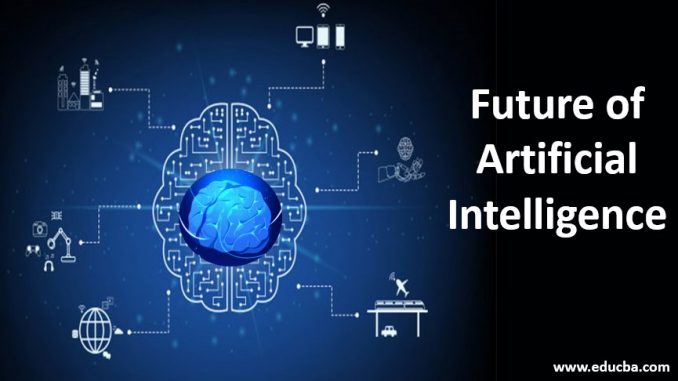
The Future of AI: How Artificial Intelligence is Shaping Our World
Artificial Intelligence (AI) is no longer a concept confined to the realms of science fiction; it is a transformative force driving change across industries and reshaping our everyday lives. As we stand on the brink of a new era, AI’s influence is becoming increasingly pervasive, offering unprecedented opportunities while also presenting significant challenges. In this article, we will explore how AI is shaping our world, its potential future developments, and the implications for society.
AI in Healthcare: Revolutionizing Diagnosis and Treatment
One of the most profound impacts of AI is in the field of healthcare. AI algorithms are enhancing diagnostic accuracy, predicting patient outcomes, and personalizing treatment plans. For instance, machine learning models can analyze medical images to detect conditions like cancer at an early stage with remarkable precision. AI-driven tools are also aiding in drug discovery by predicting how different compounds will interact with the human body, significantly speeding up the research process.
Moreover, AI-powered virtual health assistants and chatbots are improving patient engagement and providing reliable medical information, reducing the burden on healthcare professionals. As AI continues to evolve, it promises to make healthcare more efficient, accessible, and personalized.
AI in Business: Driving Efficiency and Innovation
In the business world, AI is a catalyst for efficiency and innovation. Companies are leveraging AI for tasks such as data analysis, customer service, and supply chain management. Predictive analytics, powered by AI, helps businesses forecast market trends, optimize pricing strategies, and enhance decision-making processes.
Customer service is being revolutionized by AI chatbots that provide 24/7 support, handle inquiries, and resolve issues with high accuracy and efficiency. In manufacturing, AI-driven robots are increasing production speeds and ensuring quality control. These advancements not only boost productivity but also enable businesses to innovate and stay competitive in a rapidly changing market.
AI in Everyday Life: Enhancing Convenience and Connectivity
AI has seamlessly integrated into our daily lives, enhancing convenience and connectivity. Smart home devices, powered by AI, learn from our behaviors to automate tasks, control energy usage, and provide security. Voice-activated assistants like Amazon’s Alexa and Google Assistant offer personalized experiences, from setting reminders to controlling smart appliances.
In the realm of entertainment, AI algorithms curate content on streaming platforms, suggesting movies, shows, and music based on our preferences. Social media platforms use AI to personalize feeds, target advertisements, and filter content, shaping how we interact online.
The Future of AI: Opportunities and Challenges
As AI technology continues to advance, its future holds immense potential. Autonomous vehicles are on the horizon, promising to revolutionize transportation by reducing accidents and traffic congestion. AI’s role in climate change mitigation is also significant, with smart systems optimizing energy use and monitoring environmental conditions.
However, the rise of AI also brings challenges. Ethical considerations, such as data privacy, algorithmic bias, and job displacement, require careful attention. Ensuring that AI systems are transparent, fair, and accountable is crucial to building public trust and maximizing the benefits of AI while minimizing its risks.
Conclusion
The future of AI is both exciting and complex. As it continues to shape our world, AI has the potential to solve some of humanity’s most pressing problems, drive innovation, and improve quality of life. However, navigating the ethical and societal implications will be critical to harnessing AI’s full potential. By fostering a collaborative approach between technologists, policymakers, and society at large, we can ensure that AI contributes to a prosperous and equitable future for all.
Leave a Reply